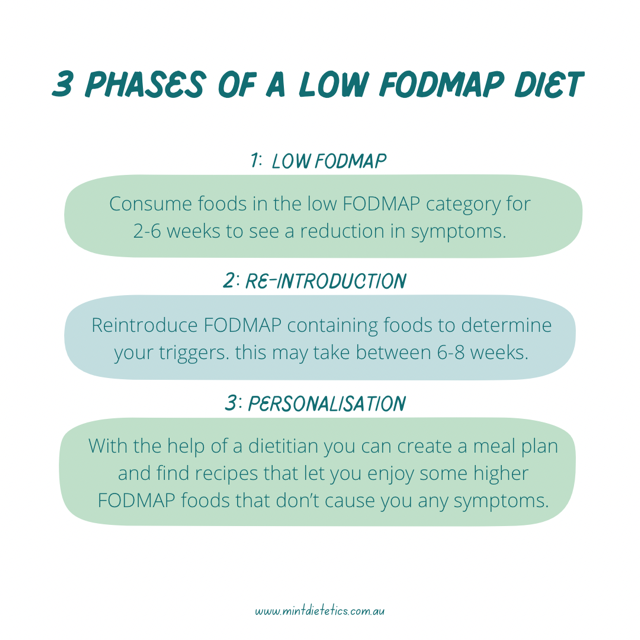Insulin Resistance and Your Fertility
- Jenny Jacobs

- Aug 9, 2021
- 2 min read
Your body’s hormone balance helps regulate many processes in the body. If hormones such as insulin become imbalanced the body can become resistant to it. Insulin resistance in common in female infertility. Insulin resistance may be what is preventing you from falling pregnant.
The Role of Insulin
The role of insulin begins when we consume carbohydrates. This causes insulin to be released from the pancreas.
Insulin then triggers the uptake of blood sugar into the cells to provide them with energy. Excess blood sugar is stored in the liver.
Insulin levels begin to decrease when the blood sugar levels drop.
Lower insulin triggers the liver which is responsible for releasing the stored blood sugar if the body is not provided with carbohydrates.
When your body becomes insulin resistant this balance of insulin and blood sugar levels is thrown off track. There is increased amounts of sugar in the bloodstream, the body requires larger amounts of insulin, causing the pancreas to overcompensate and release more insulin than normal. This cycle can slowly prevent the pancreas from effectively providing insulin in the future. Hyperglycaemia (high blood sugar) can occur and may lead to obesity, inflammation, and gestational diabetes.
The imbalance of insulin can also cause irregular ovulation patterns commonly associated with infertility. Changes in ovulation can include:
Long amounts of time between cycles
Increased length of cycle, or
No menstrual cycle at all
If you are unsure if you are struggling with the effects of insulin resistance it can be diagnosed through a simple blood test.
So, can Insulin Resistance be Reversed?
This is the good news! Studies have shown that lifestyle changes including diet and exercise can improve insulin resistance as well as decrease the risk of Diabetes. The goal is to become more insulin sensitive so that your cells need less insulin to cause the uptake of blood sugar and therefore decrease the amount of sugar in the blood.
Men and future fathers out there, this is for you too. Research has shown that insulin resistance may also affect semen quality.
Lifestyle changes to focus on to boost your insulin sensitivity:
Maintaining a healthy weight: Research has shown that a decrease of 5-10% of your body weight can dramatically increase your fertility, especially in people that are overweight or obese.
Following a realistic and nutritious diet
Frequent exercise has been shown to boost insulin sensitivity.
Reducing stress levels and Improving sleep quality: An increasing amount of stress, anxiety and depression has been linked to western countries which can increase the likelihood of stress eating. (hint: physical activity can also help you sleep).

These areas can be a struggle to tackle on your own, but they do not have to be. If you are struggling to fall pregnant and are unsure if your blood sugar levels are standing in your way, a fertility specialist may be exactly what you need.


%20-%202025-01-10T222601_189.png)



Comments